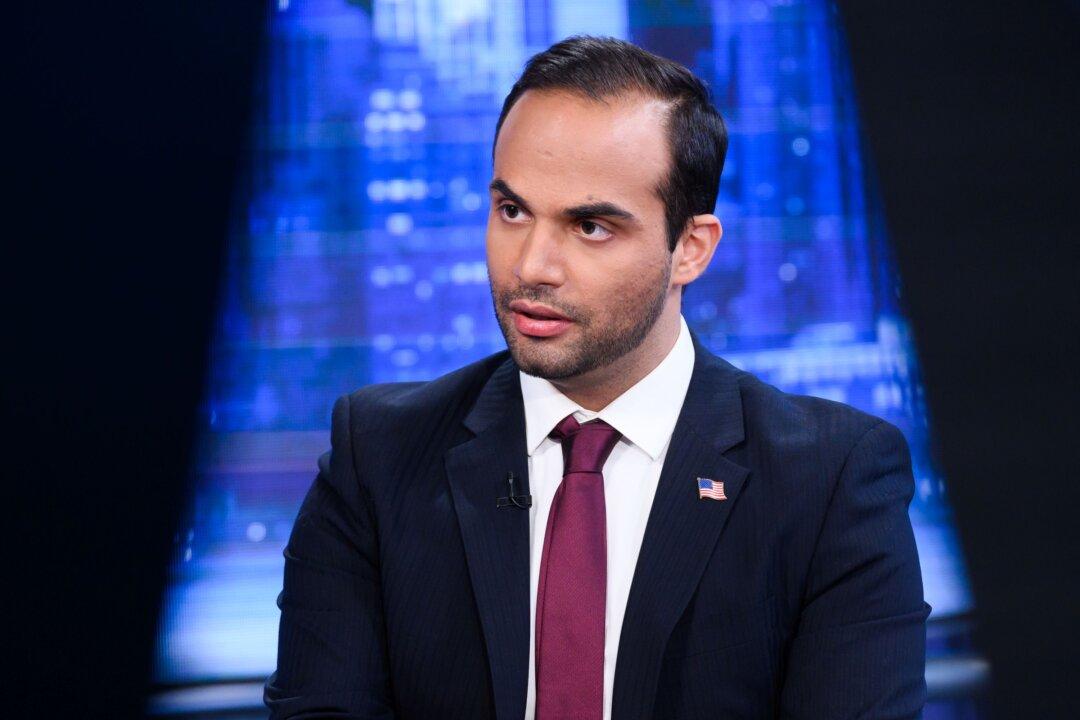The FBI used four informants and “a few” undercover agents against Trump campaign aides Carter Page and George Papadopoulos, according to the Justice Department’s Office of the Inspector General (OIG).
The FBI told the OIG it was snooping on Page and Papadopoulos because of their contacts with Russia.





